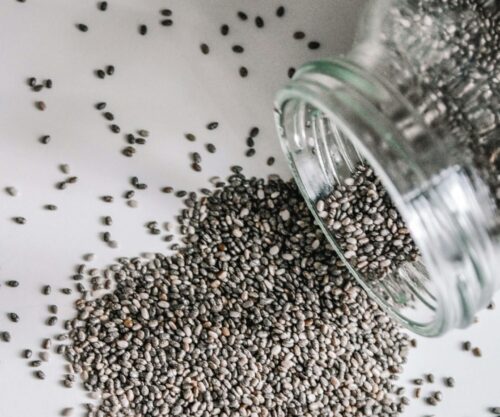
Does the idea of visiting the doctor make your heart race and your stomach turn? Health anxiety — that nagging fear that every ache or sniffle might be something serious — can ironically keep people from seeking the very reassurance they need.
It’s a bit of a paradox: wanting to know everything is okay but fearing the worst so much that you avoid the doctor altogether. This cycle can lead to missed diagnoses, delayed care, and increased stress. Health experts explain ways in which health anxiety can control our decisions and explore steps to break free, helping you feel at ease with your health and empowered to get the care you need.
Illness anxiety disorder, also known as hypochondria or hypochondriasis, is defined by the Cleveland Clinic as a mental health condition where individuals fear they have a serious medical condition or are at high risk of becoming ill. These fears are said to be unjustified or unrealistic and can interfere with relationships, careers, and lives. “They may also misinterpret typical body functions as signs of illness.”
Psychology Today mentions that care-avoidant individuals often avoid regular check-ups due to fear of health issues and that this fear can lead to avoiding physical or symptom examinations. For instance, a client with a family history of heart disease would avoid a check-up for a long time due to fear of learning that they might also have inherited the disease, which at the end of the day helps no one.
The fear of doctors is common due to health anxiety, fear of needles, or fear of bad news, explains the NOCD publication. It is stated that trauma and discrimination can also contribute to this fear, particularly in marginalised communities. “Research has shown that a phobia of doctors is fairly common in the Black and transgender communities, both of which have a long history of receiving substandard and even traumatising healthcare.”
The Harvard Health publication advises that to overcome health anxiety and the fear of visiting the doctor, you need to avoid Google searching for medical symptoms, as it can lead to confirmation bias and negative outcomes. Instead, you are advised to suspend judgements until objective data confirms or denies health issues
The above source encourages you to do something relaxing before the appointment, such as listening to soothing music or practising guided meditation. “Communicate honestly with your doctor, who isn’t there to judge. Be straightforward about your medical symptoms and fears, and even mention that you feel anxiety about going to the doctor’s office in the first place. Your doctor will be guiding and reassuring throughout the process, and you will feel much more in control of your own health once you walk out the door — helping to ease the anxiety around your next appointment.”




